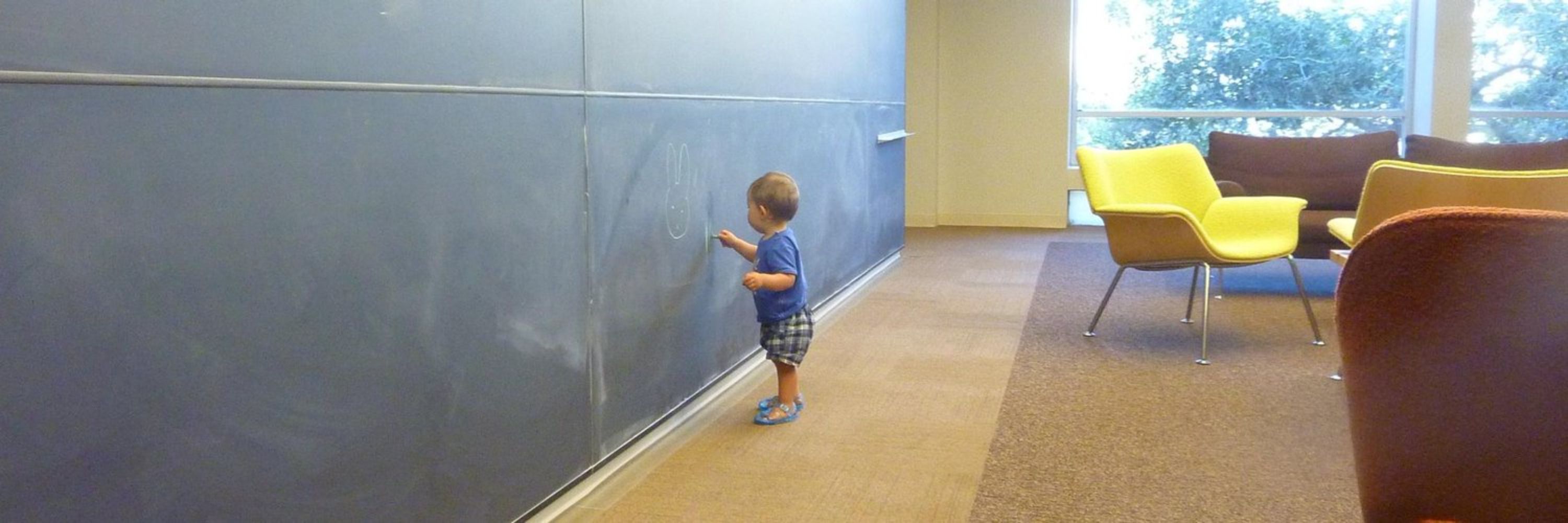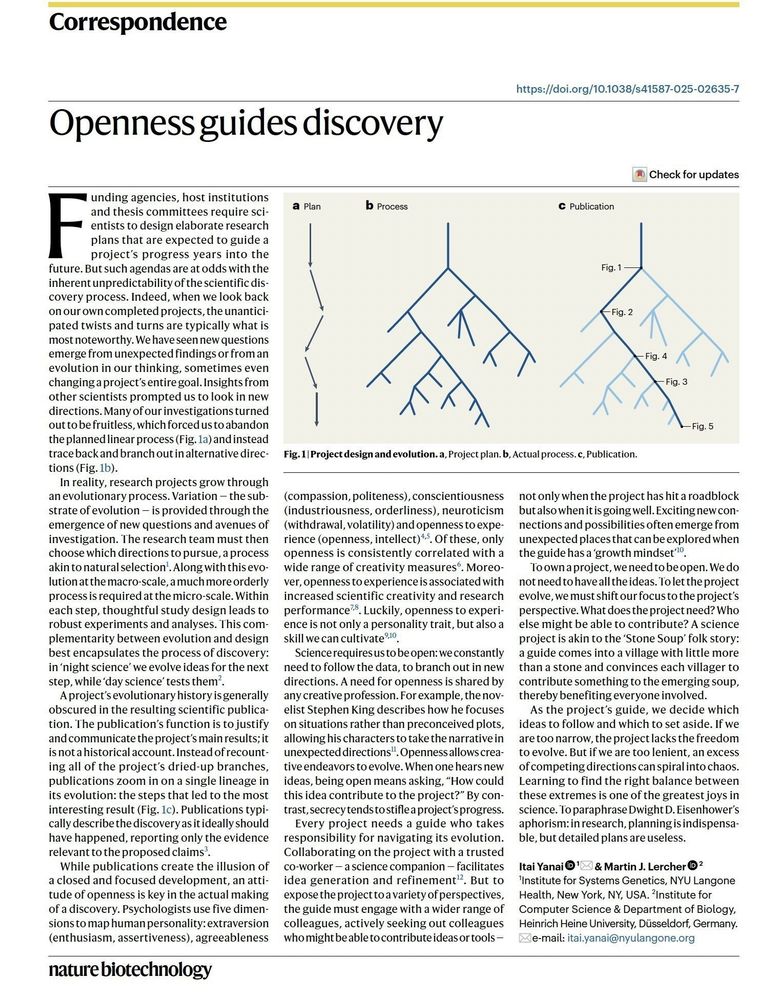Chris Heunen
@chrisheunen.bsky.social
140 followers
130 following
12 posts
computer scientist, mathematician, father, karateka, pianist
Posts
Media
Videos
Starter Packs
Reposted by Chris Heunen
Chris Heunen
@chrisheunen.bsky.social
· Jun 10

Hadamard-$Π$: Equational Quantum Programming
Quantum computing offers advantages over classical computation, yet the precise features that set the two apart remain unclear. In the standard quantum circuit model, adding a 1-qubit basis-changing g...
arxiv.org
Reposted by Chris Heunen
Chris Heunen
@chrisheunen.bsky.social
· May 28

M*-categories: Where limits in analysis and category theory meet
This article introduces M*-categories: an abstraction of categories with similar algebraic and analytic properties to the categories of real, complex, and quaternionic Hilbert spaces and bounded linea...
www.arxiv.org
Reposted by Chris Heunen
Reposted by Chris Heunen
Reposted by Chris Heunen





